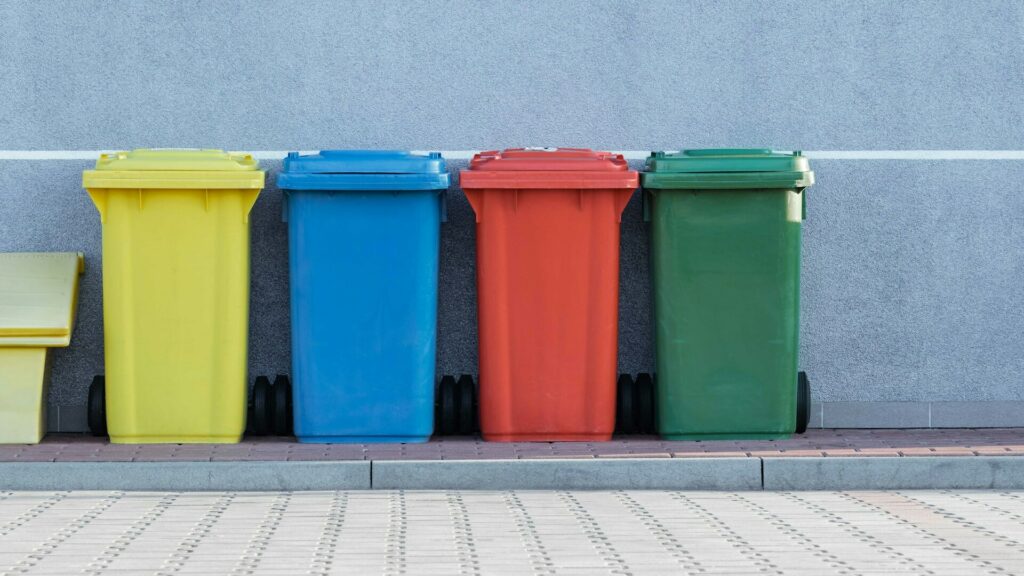Living a zero-waste lifestyle has become increasingly popular as people seek to minimize their environmental footprint and reduce waste in their daily lives. But what exactly does it mean to live zero waste, and how can you incorporate its principles into your routine? Let’s break it down.
Understanding Zero Waste
At its core, zero waste is a philosophy and lifestyle that aims to send no waste to landfills or incinerators. Instead, it focuses on reducing, reusing, recycling, and composting to divert waste from the waste stream. The goal is to create a circular economy where resources are used efficiently, and waste is minimized.
Rethinking Consumption
Embracing a zero-waste lifestyle begins with reevaluating your consumption habits. This means being mindful of what you buy and opting for products with minimal packaging or packaging that is recyclable or compostable. It also involves choosing items that are built to last, reducing the need for frequent replacements and disposables.
Refusing Single-Use Items
One of the key principles of zero waste is refusing single-use items whenever possible. This includes items like plastic bags, disposable utensils, straws, and water bottles. By opting for reusable alternatives such as cloth bags, stainless steel utensils, and refillable water bottles, you can significantly reduce your waste output.
Reusing and Repurposing
Another essential aspect of zero waste is reusing items whenever possible. This can involve getting creative with how you use everyday items or finding new purposes for old items. For example, glass jars can be repurposed for storage, and old clothing can be upcycled into new garments or household items here.
Recycling Responsibly
While recycling is an important part of waste management, it’s essential to do it correctly. This means understanding what materials are recyclable in your area and ensuring that they are clean and free of contaminants. Additionally, it’s essential to prioritize reducing and reusing before recycling to minimize the overall waste generated.
Composting Organic Waste
Composting is a valuable tool in the zero-waste arsenal for dealing with organic waste. By composting food scraps, yard waste, and other organic materials, you can divert a significant amount of waste from landfills while creating nutrient-rich soil for your garden or plants.
Implementing Zero-Waste Practices in Your Daily Routine
Incorporating zero-waste practices into your daily routine may seem daunting at first, but it’s achievable with some planning and commitment. Start by assessing your current habits and identifying areas where you can make changes. This might involve meal planning to reduce food waste, bringing your own containers for bulk shopping, or investing in reusable alternatives for common disposable items.
Embracing the Mindset
Ultimately, living a zero-waste lifestyle is about more than just reducing waste—it’s about embracing a mindset of sustainability and mindfulness. It’s about being conscious of the impact of your actions and striving to make choices that align with your values and the health of the planet this website.
Conclusion
Transitioning to a zero-waste lifestyle requires a shift in mindset and habits, but the benefits—for both the environment and your well-being—are well worth the effort. By rethinking consumption, refusing single-use items, reusing and repurposing materials, recycling responsibly, composting organic waste, and implementing zero-waste practices into your daily routine, you can significantly reduce your waste output and contribute to a more sustainable future for generations to come. So why not start today?







